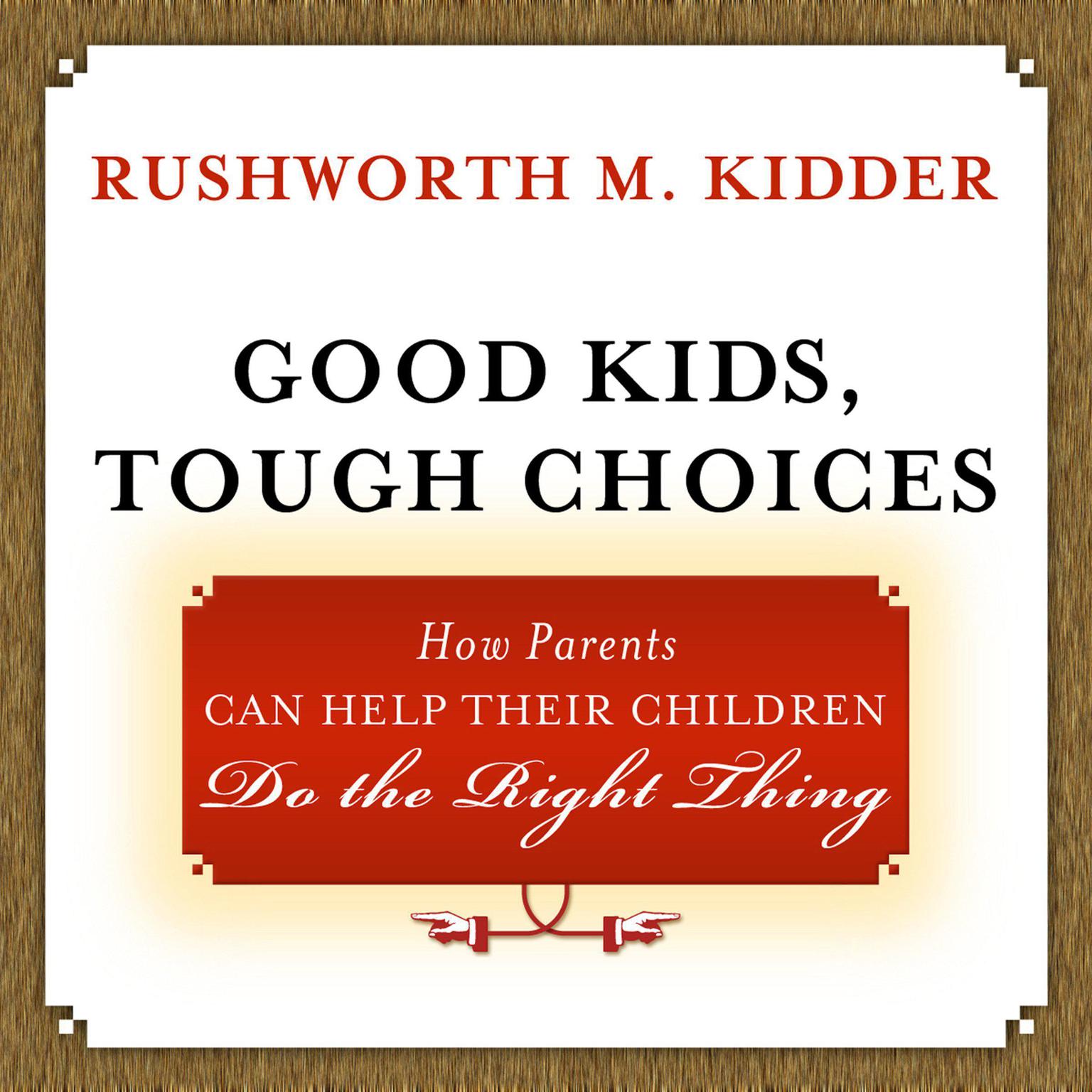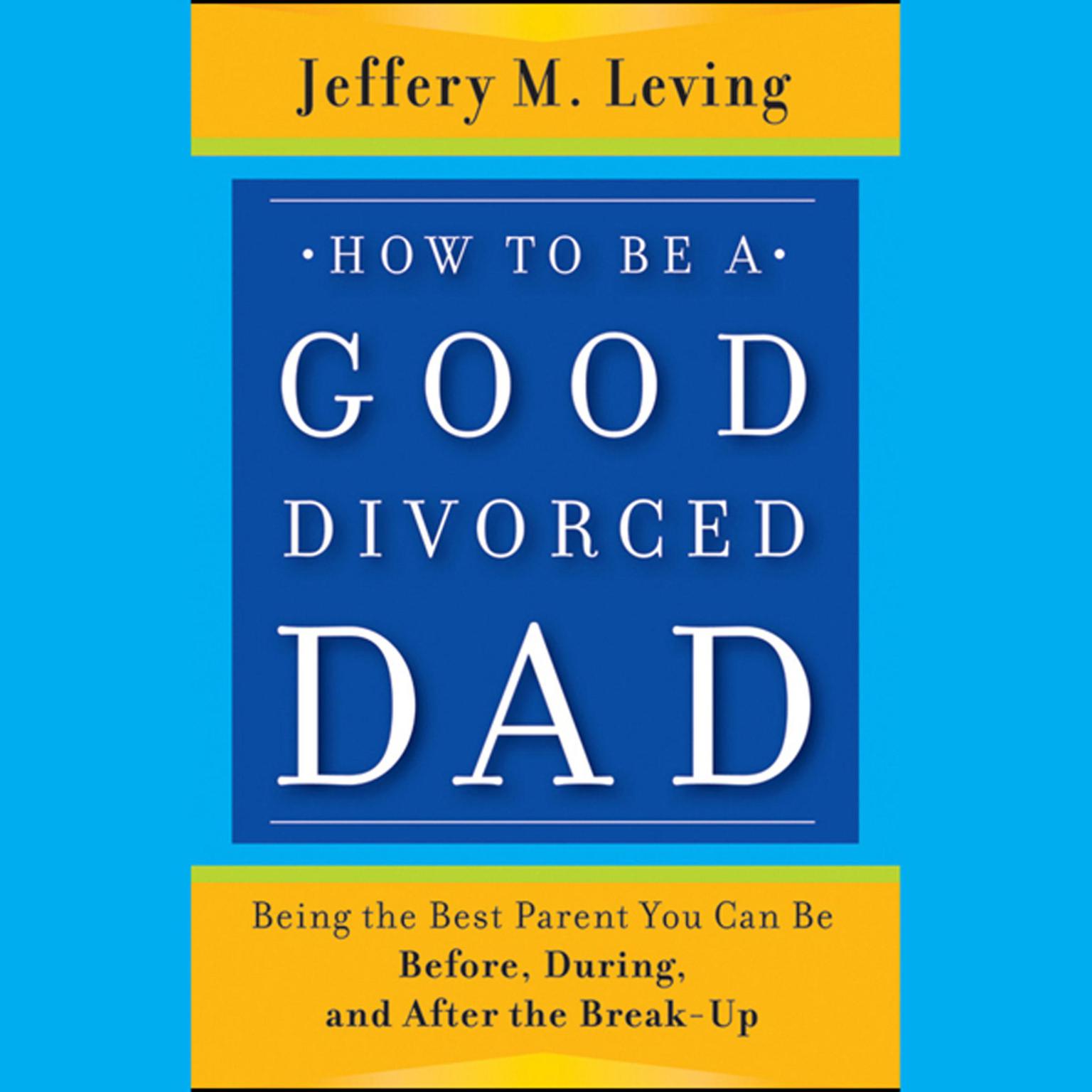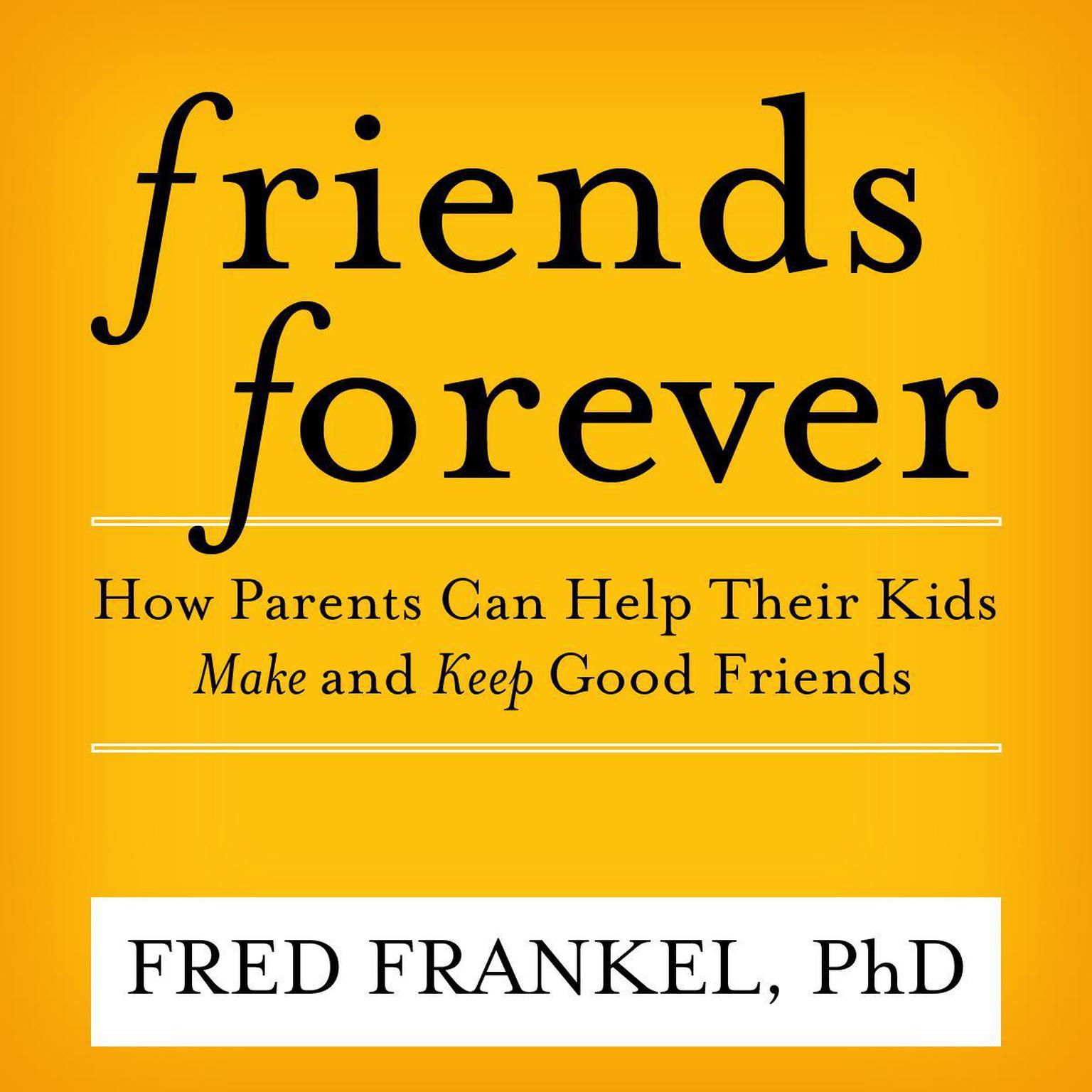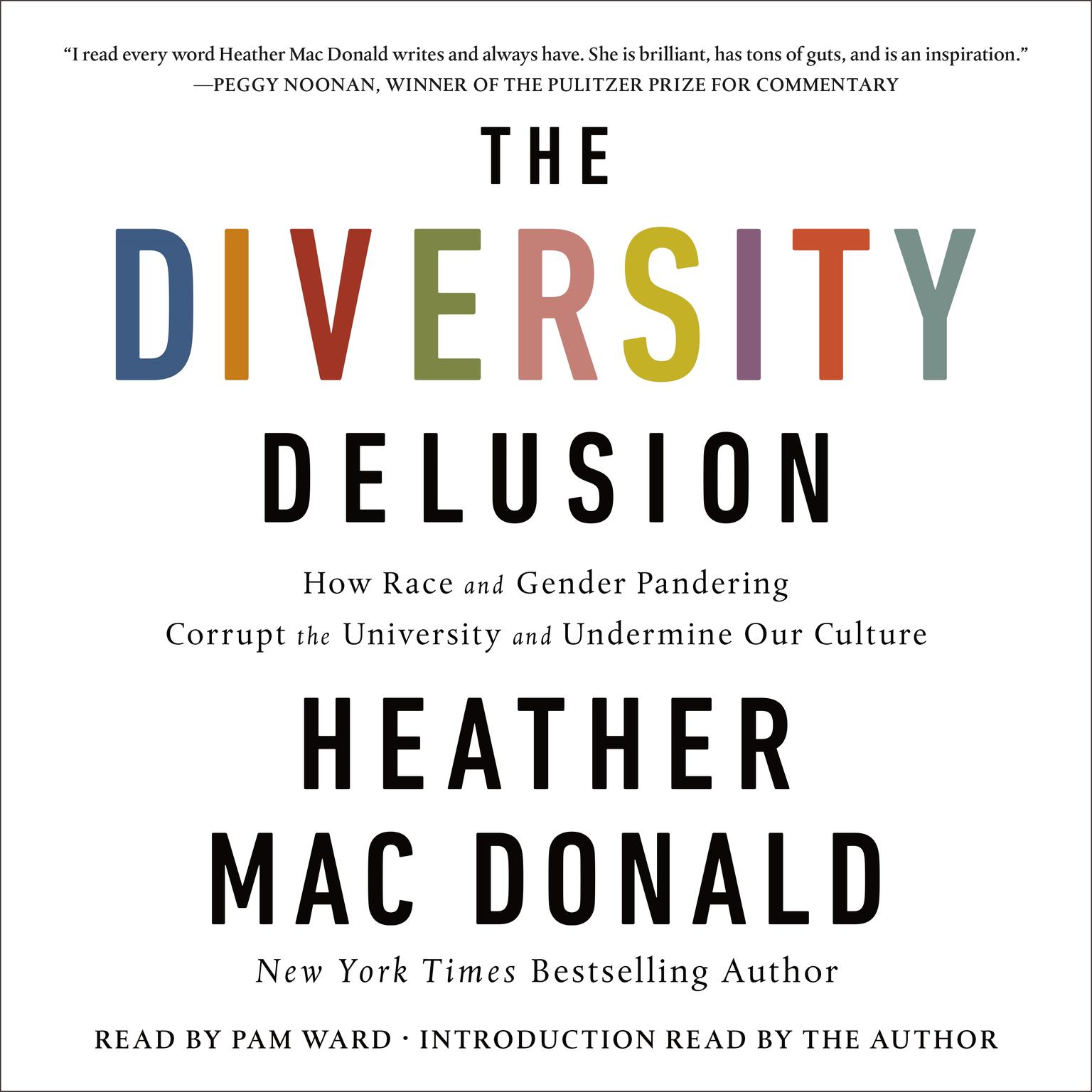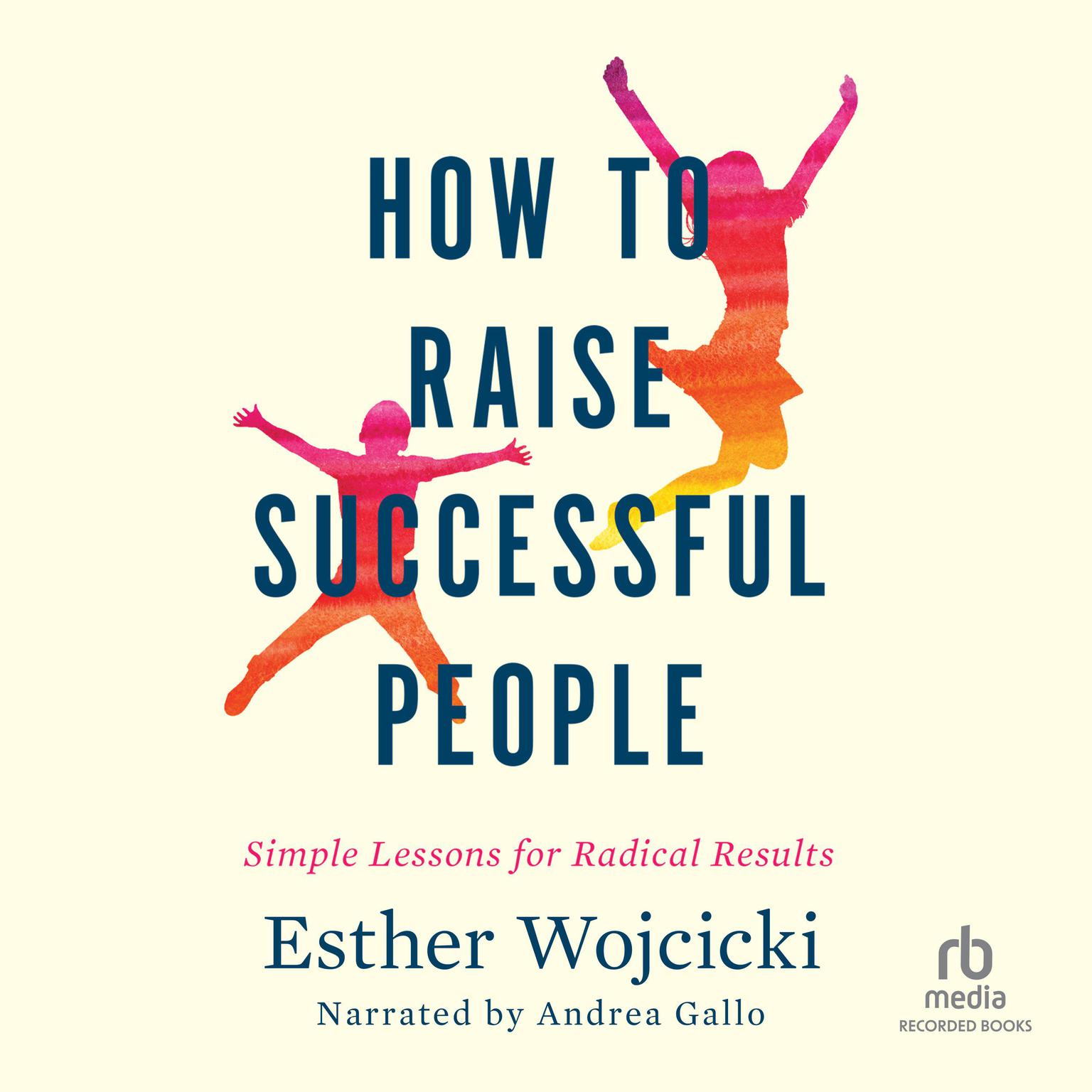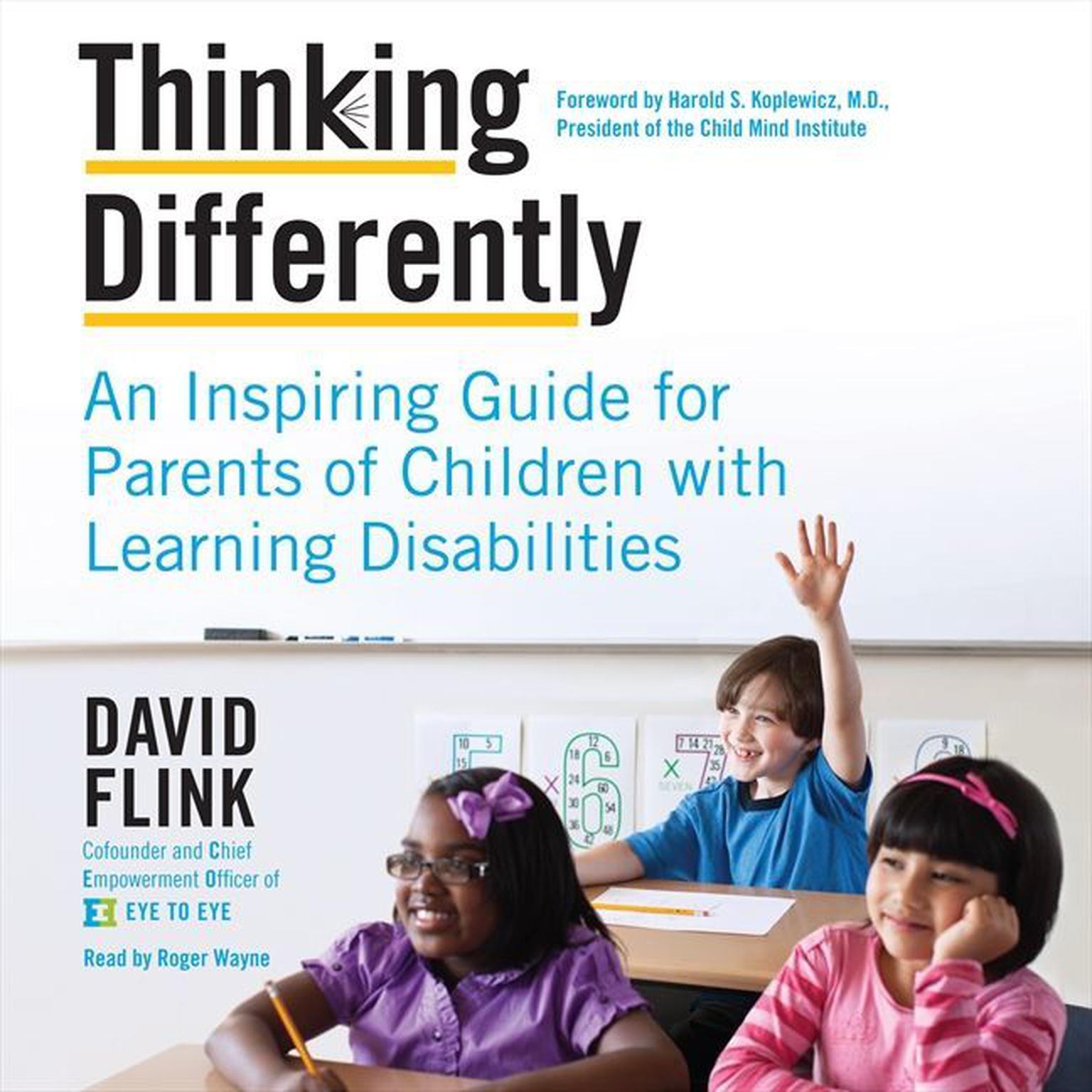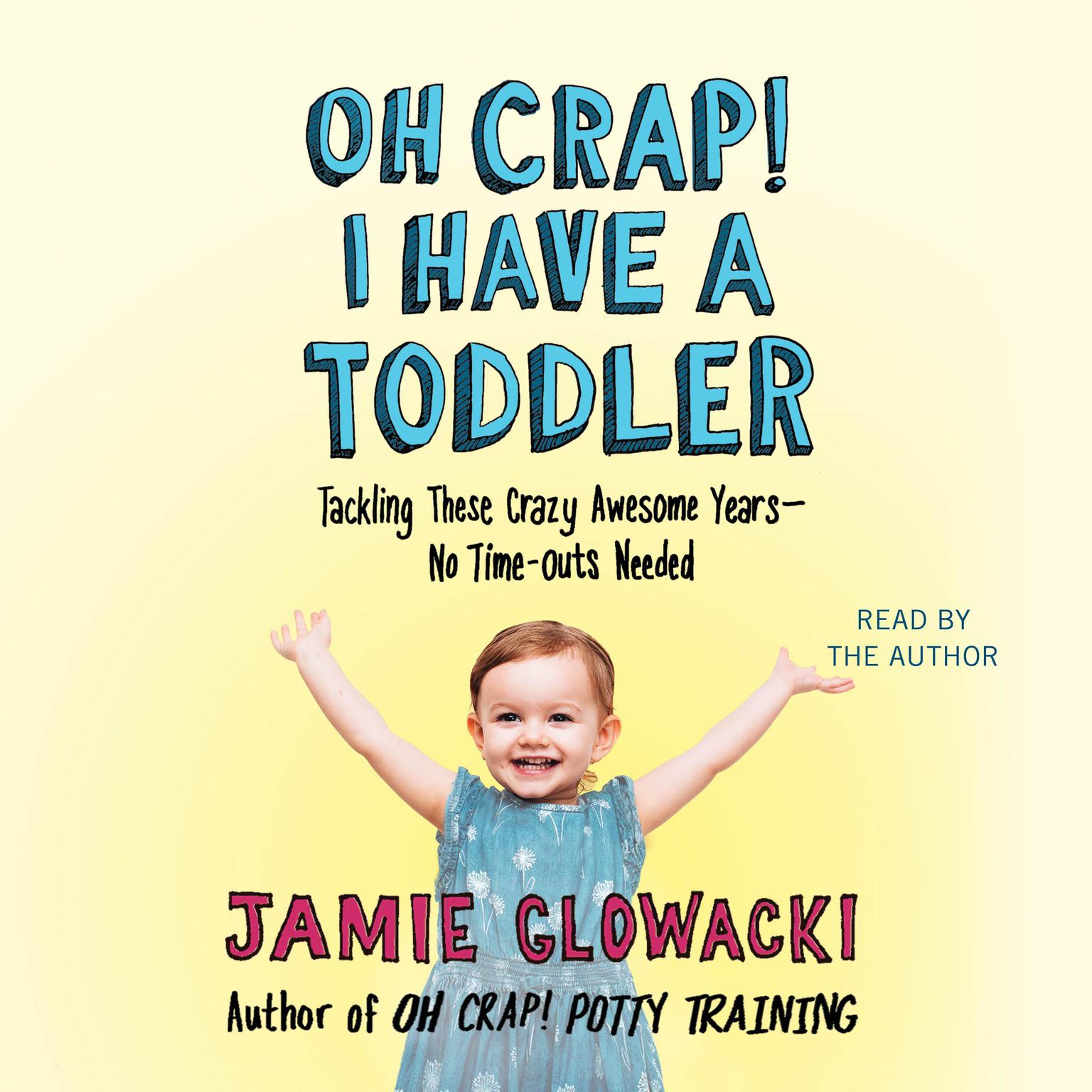Publisher Description
Parents are beginning to realize that deficiencies in ethics and character are becoming a big problem among our nations children. For example, late-breaking research shows that: Kids learn to lie when theyre about 3, and by 8 have a habit thats hard to break By the time they are pre-teens or adolescents, most children are Fully Skilled Lie Tellers 60% of 12-17 years old say they have friends who cheat at school. 98% of teens lie to their parents about a range of topics, from alcohol and drug use, to how they spend their money and where it comes from. Including honors students and athletes. This is not, says the author, some kind of normal evolutionary survival behavior but a grave wrong turn that is learned and implanted at various key periods of our neurological and psychological development. So what can parents do? The author shows how to customize interventions to a childs age, temperament. He encourages parents not to give up, since what they do can always make a difference, regardless of how long or deep the bad habits of dishonesty may be. His program includes the encouragement to: Intervene early and often. Playing catch-up is impossible, as far as the teaching of ethics is concerned. Teach ethics from early childhood to young adulthood. It cannot be outsourced to teachers, coaches, or caregivers. Put honesty as the characteristic they most want their kids to have. Take advantage of brief crucial windows of opportunity when parents can and should intervene for long-lasting impact on character and moral development. Teach Honesty, as well as Responsibility, Respect, Fairness, and Compassion. All of Kidder’s practical advice is based on the latest psychological and neuroscientific research about how kids develop character and learn what’s right and wrong.
Download and start listening now!
